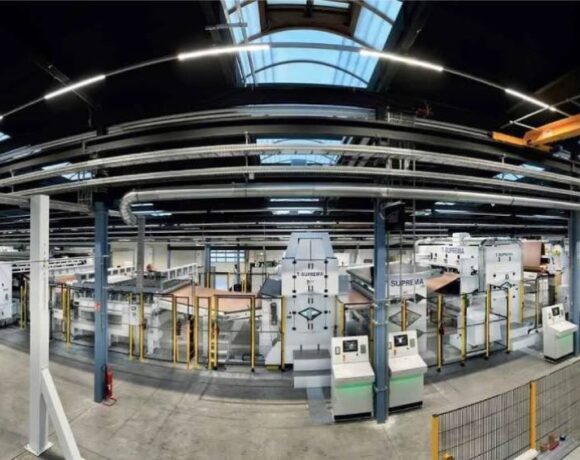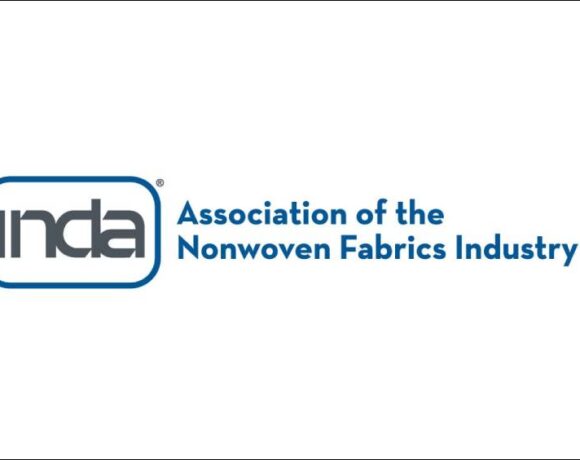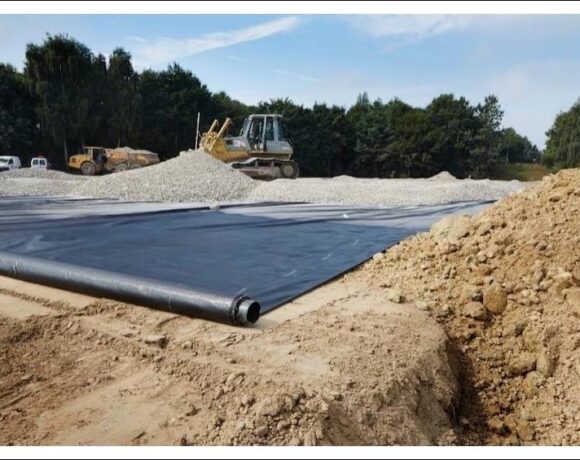Baby Diaper & Sanitary Napkin Prices Set To Rise With New Quality Standards

The prices of baby diapers and sanitary napkins in India are poised to rise, as the Ministry of Textiles has rejected an industry request to extend the deadline for compliance with a Quality Control Order (QCO) for these products. Starting October 1, manufacturers, including prominent companies like Himalaya, Johnson & Johnson, Procter & Gamble and Nine must adhere to the standards set by the Bureau of Indian Standards (BIS) or face enforcement actions.
The Ministry of Textiles has remained resolute in enforcing the QCO after discovering that manufacturers were producing only a limited quantity of products that met the prescribed standards. Some companies, it was found, were circumventing the guidelines by releasing multiple product variants with different characteristics, avoiding full compliance with the quality standards.
The new standards are designed to enhance product safety, focusing on preventing the growth of antimicrobial agents, reducing the risk of rashes and ensuring the products are skin-friendly. While the enforcement of these standards is expected to drive up prices by 5-10%, the QCO will exempt Self-Help Groups (SHGs) that produce ready-to-use disposable hygiene products, ensuring continued supply in rural areas.
India’s diaper and sanitary napkin markets, valued at US$ 1.6 billion and US$ 0.5 billion, respectively, are experiencing rapid growth, with compounded annual growth rates (CAGR) of 7.25% and 17%, respectively. The increasing demand is driven by urbanization, rising disposable incomes and growing awareness of baby and women’s hygiene. The introduction of the QCO aims to curb the production and import of substandard products in this expanding market segment.
Baby diapers and sanitary pads fall under the medical textiles category, which is part of the National Technical Textiles Mission launched in 2020. According to a KPMG report, India’s technical textiles market ranks fifth globally, valued at US$ 21.95 billion in 2021-22, with production at US$ 19.49 billion. The sector has grown at a rate of 8-10% per year over the past five years, and the government aims to accelerate this growth to 15-20% annually over the next five years.
The global technical textiles market, estimated at $212 billion in 2022, is projected to reach $274 billion by 2027, growing at a CAGR of 5.2%. This growth is driven by increasing demand across industries and the rapid development of new applicative products. As India strengthens its quality regulations, the country’s technical textiles sector is poised for significant expansion, reinforcing its position in the global market.















